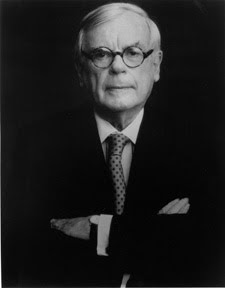This is a terrific primer on church communications that every parish, and every diocese (and every papacy) should study, courtesy Archbishop Raymundo Damasceno, from Brazil.
John Allen has the scoop:
1. Overcome the idea that the means of communications are themselves communication. In other words, building TV networks, radio stations, and web sites is all well and good, but if you don’t have something compelling to say, building new and better ways to say it won’t accomplish much.
2. Stop thinking that modern means of communication are “secular.” (Damasceno actually used the term “profane,” but he meant it in the literal sense of being outside the temple.) In other words, TV, the Internet, etc., are not somehow alien to the church. Instead, Damasceno said, quoting the Colombian journalist, they are neutral, and everything depends on how they’re used.
3. Understand that communications and preaching are not the same thing. Preaching is one form of communication, but there also has to be space for providing basic information and responding to questions in a fashion distinct from catechesis or moral exhortation.
4. Understand that every pastoral act is a form of communication. The church is always communicating something about itself to the outside world, even at the level of how people are treated when they have contact with the church.
5. Accept that effective communication happens between equals. Just as Christ emptied himself to become human, Damasceno said, the church must not presume an attitude of superiority when it’s trying to communicate with the world.
6. Realize that communications is not the same thing as PR. Ultimately, Damasceno said, the point is not just to project a better image of the church, but rather to share something of Christian life and to help people see their lives and the world from within a Christian frame of reference.
Addressing an audience largely composed of people who handle communications for dioceses, religious orders, and other Catholic groups, Damasceno said what the church needs is an approach that’s “clear, informative, consistent and ethical.”
“We must not simply speak in the name of the Lord,” Damasceno said. “We must also act like the Lord.”
There’s more at the link.

